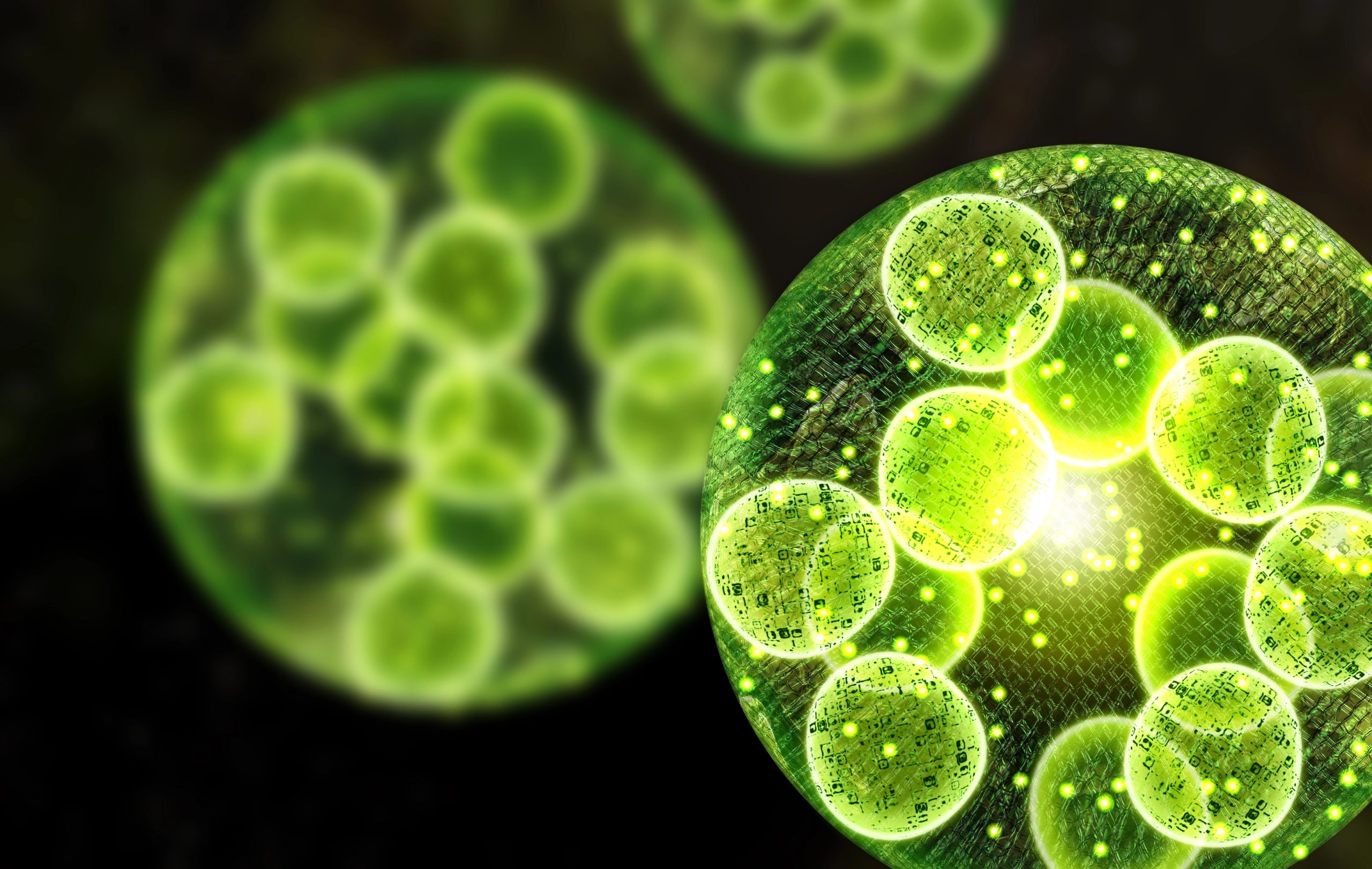ORGANIC: Biological transformation of additive manufacturing processes for the sustainable manufacturing of bio-inspired products

The ORGANIC project promotes the biological transformation of additive manufacturing (AM) by integrating biological principles, intelligent systems, and sustainable materials into Fused Granulate Fabrication (FGF) technology. Combining biotechnology, engineering, information technologies and artificial intelligence, ORGANIC introduces a transformative, nature-inspired approach to manufacturing.
The project will develop a bio-intelligent architecture composed of a PSPP (process-structure-property-performance) optimization system, high-precision FGF equipment, and a cognitive control system with self-X capabilities as autonomous configuration, monitoring, optimization, and self-repair capabilities. Additionally, an AI-driven “gentelligence” system enables the AM process to evolve like a living organism, ensuring continuous, autonomous improvement of both hardware and software. This approach enhances the reliability, adaptability, and sustainability of AM production over time.
Context
Europe is leading the global transition toward sustainable manufacturing. As the world’s largest exporter of manufactured goods, the EU has long been recognized for its excellence in designing and producing high-quality products. Over the past decade, European industry has embraced the challenge of climate neutrality and circular economy principles, aiming to disconnect economic growth from environmental degradation. This shift is making sustainable products—greener, circular, and energy-efficient—the new norm, driving radical innovation across materials, manufacturing processes, and value chains.
This transformation demands radical innovation in materials and processes, with advanced bio-based materials and additive manufacturing (AM) playing key roles. AM enables sustainable, customized production with minimal waste and energy use. However, scaling up large, complex bio-based products remains a challenge.
The ORGANIC project aims to unlock the full potential of AM through biologicalisation integrating nature-inspired principles into manufacturing. It will develop:
- A computer-aided design system (CAx) capable of establishing reliable process–structure–property–performance (PSPP) relationships for bio-inspired AM products.
- New Large Format AM fabrication systems and characterization protocols to overcome current limitations in processing bio-based materials for multimaterial, complex structures.
- Advanced digital architectures to support control, optimization, and evolution management of AM processes.
- Integration of adaptive and autonomous control strategies (self-X), including self-healing capabilities, to enhance short-term responsiveness and resilience.
- A Gentelligence Framework for long-term evolution, inspired by DNA’s information structuring and natural adaptation mechanisms, ensuring continuous improvement across applications and sectors.
Summary and objectives
ORGANIC aims to define a reference framework for the biological transformation of AM processes. The project will implement novel bio-intelligent manufacturing strategies adapted to the specificities of AM value chains. Advanced design, engineering and fabrication tools and systems will be developed, enabling the first time right fabrication of large highly optimized bio-inspired products (i.e., lattice structures) made of the combination of different fully-recyclable fibre-reinforced bio-based composites using advanced Fused Granulate Fabrication (FGF) LFAM techniques. A digital infrastructure will be deployed to control, optimise and evolve the ORGANIC AM system by mimicking biological systems adaptation to changes and genotype-phenotype relationship in natural evolution towards net positive and regenerative manufacturing schemes.
Its objectives include:
– To define a global Gentelligence framework towards a net positive AM:
– To develop an integrated CAx open tool tailored for optimising the process-structure-propertyperformance (PSPP) behavior of bio-inspired lattice structures.
– To develop high-precision and digitized advanced FGF equipment for Additive Manufacturing of variable fibre length-reinforced bio-based composites.
– To implement a real-time self-X control system for bio-based composites AM processes.
– To establish a characterization protocol for bio-based composites quality assurance and AM process optimization.
– To boost the adoption of bio-intelligence in Additive Manufacturing value chains.
The ORGANIC project will have a positive impact on the following aspects:
It aims to mitigate climate change by developing bio-intelligent manufacturing processes that reduce resource consumption, optimize design, and replace fossil-based materials with bio-based alternatives featuring a lower carbon footprint. It also promotes climate change adaptation through more resilient, versatile, and regenerative production systems capable of operating under volatile demand and supply conditions.
Although it has no direct impact on the use or protection of water and marine resources, the project ensures safe and sustainable practices through strict compliance with environmental and safety standards.
In the field of the circular economy, ORGANIC focuses on developing highly efficient manufacturing processes that minimize waste generation and enable the production of sustainable, fully recyclable components. It also contributes to pollution prevention and control by improving process and product efficiency, thus reducing energy consumption and emissions. Finally, by decreasing the pressure on natural resources, the project supports the protection and restoration of biodiversity and ecosystems.
Project Consortium
- AIMEN – Asociacion de Investigacion Metalúrgica del Noroeste (Spain) – Coordinator
- TAU – Tampereen Korkeakoulusaatio SR (Finland)
- Fundación CARTIF (España)
- NTUA – Ethnicon Metsovion Polytechnion (Greece)
- ITENE – Instituto Tecnológico del Embalaje, Transporte y Logística (Spain)
- Core Innovation and Technology OE (Greece)
- Addcomposites (Finland)
- 10XL BV (Netherlands)
- Aeroblade S.A. (Spain)
- Netcompany-Intrasoft SA (Luxembourg)
- ICONIQ Innovation LTD (United Kingdom)
- EIT Manufacturing Central GGMBH (Denmark)
- Scuola Universitaria Professionale della Svizzera Italiana (Switzerland)
ITENE’s Role
ITENE plays a key role in ORGANIC project, contributing particularly to the development of a sustainability LCA modelling framework including metrics for material, process, and part information.
By contributing its expertise in life cycle analysis and environmental impact assessment ITENE ensures that the ORGANIC project correctly incorporates sustainability considerations into the design and manufacturing processes, which will promote circularity and life cycle efficiency from the design stages onwards.




